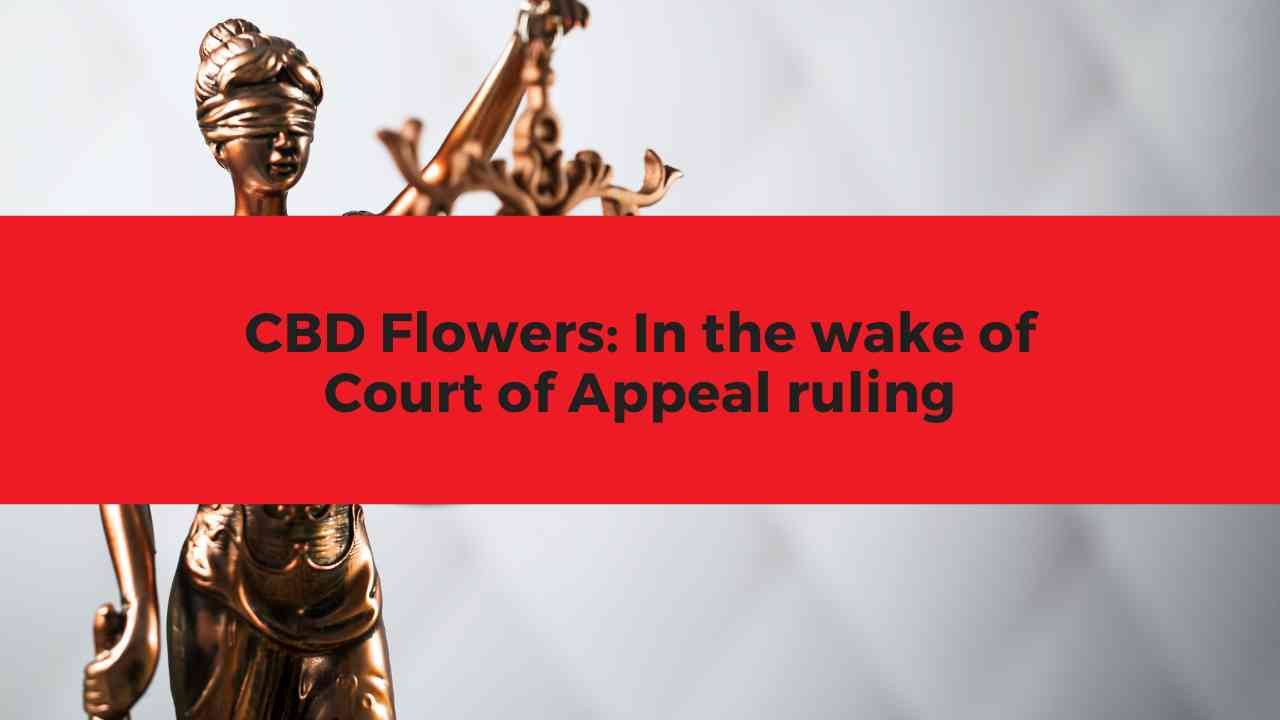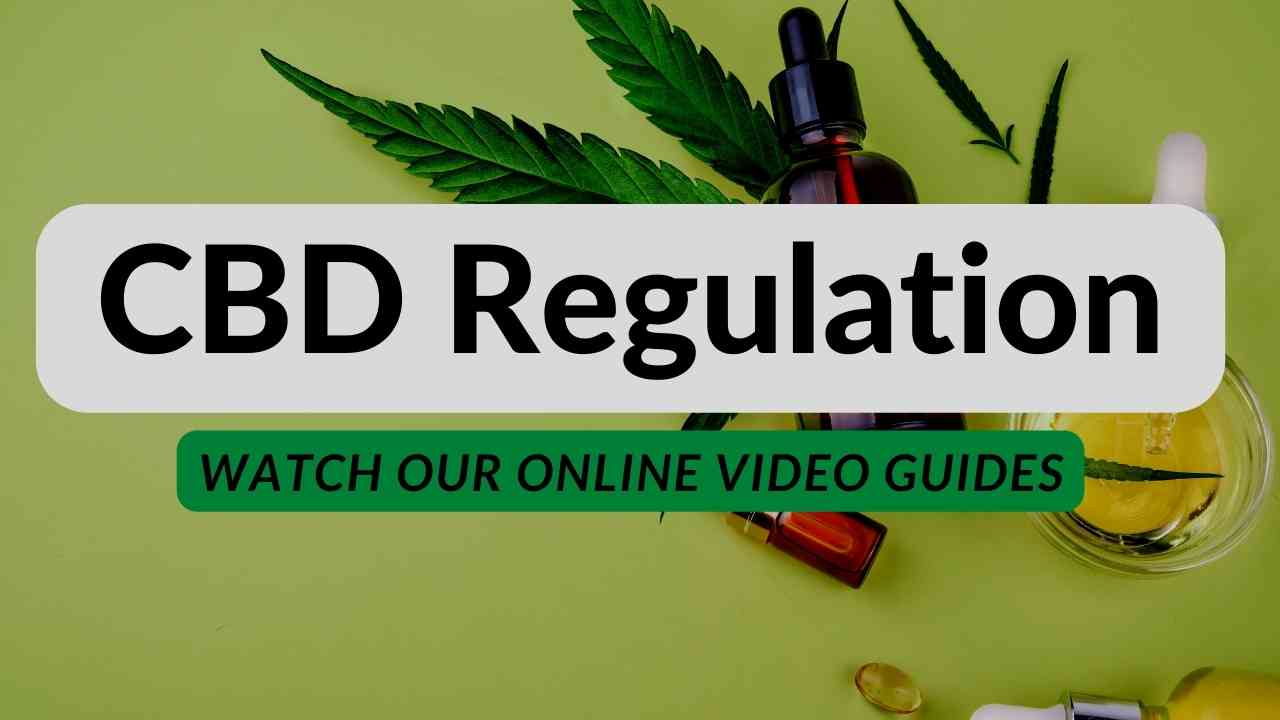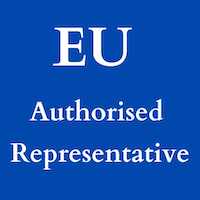Last month, the UK Court of Appeal delivered a landmark decision that has a positive impact on the UK CBD Flower market. Businesses selling CBD Flower, known for its non-psychoactive properties, have faced a legal quagmire due to the outdated laws on cannabis. However, this recent ruling brings hope to businesses and consumers alike. In this blog post, we explore the key takeaways from the court’s decision and discuss the potential next steps in the UK’s legal process regarding the legal status of CBD flower.
Key Takeaways from the Court of Appeal Ruling
1. CBD Flower Benefits from EU Protections (Pre-2021)
The Court of Appeal’s ruling confirmed that CBD flower is protected under Article 34 of The Treaty on the Functioning of the European Union (TFEU). This landmark decision provides CBD flower businesses with a strong legal argument against criminal charges that may have been brought against them. Importantly, this protection applies to businesses operating prior to 31st December 2020 and not after this date!.
Want to learn more about CBD regulation and testing? Check out our online video guides.
2. CBD Flower is Not a Narcotic
The court’s ruling categorically determined that CBD flower is not a narcotic. This crucial distinction sets CBD flower apart from high-THC cannabis products, as it does not induce intoxication or pose a risk of abuse. This legal clarification is a significant win for the CBD industry, as it solidifies the product’s non-psychoactive nature and challenges its previous misclassification.
3. Prosecution Based on Public Interest
The court emphasised the need for the Crown Prosecution Service (CPS) to consider whether a prosecution is in the public interest. With CBD flower being deemed non-narcotic, it becomes difficult to justify prosecuting individuals as ‘drug-dealers’ when the product does not cause intoxication. This places the burden on the CPS to carefully evaluate the circumstances before pursuing charges against CBD businesses.
Next Steps in the UK Legal Process
Potential Supreme Court Appeal
The Crown Prosecution Service may consider seeking permission to appeal the Court of Appeal’s decision to the UK Supreme Court. If they believe that there are significant legal issues requiring clarification, the case could be taken to the highest court in the UK for further review.
Are you looking to launch a CBD product range? We offer lots of free advice on our resource page CBD laws UK
Legislative Action
The UK government might respond to the ruling by introducing legislative changes or amendments to provide a clear legal distinction between high-THC and low-THC cannabis products. Such actions would bring more clarity to the CBD industry and foster responsible growth.
Regulatory Guidance
Regulatory bodies, including the Medicines and Healthcare products Regulatory Agency (MHRA) and the Food Standards Agency (FSA), may issue updated guidelines or regulations concerning the sale, distribution, and marketing of CBD flower. These measures could promote consumer safety and quality standards within the industry.
Monitoring Enforcement Practices
Law enforcement agencies, following the court’s clarification, may prioritize cases involving high-THC cannabis products over CBD flower, aligning their enforcement practices with the ruling.
The Court of Appeal’s landmark decision in favor of CBD flower businesses has set a precedent that offers protection and some clarity to the industry. CBD flower, as a non-narcotic product, deserves a separate legal treatment from its high-THC counterparts. As the UK’s legal process unfolds, we may see further appeals, legislative amendments, and regulatory updates that will shape the future of the CBD Flower business. In the meantime, CBD businesses can take advantage of the court’s ruling to strengthen their legal standing and embrace opportunities in this fast-growing market. Again, this protection applies to businesses operating prior to 31st December 2020 and not after this date!




Comments are closed here.